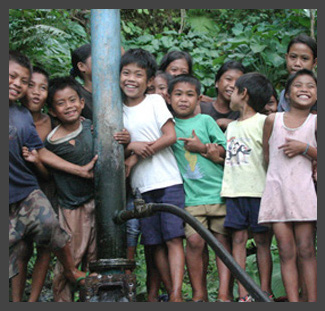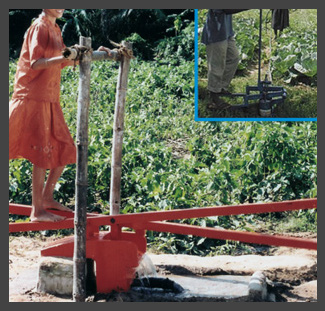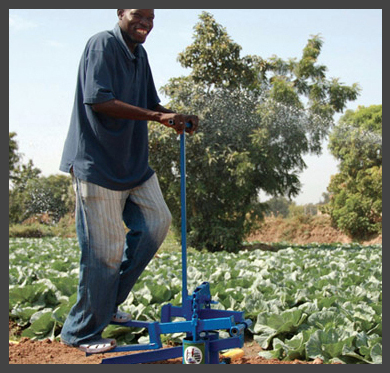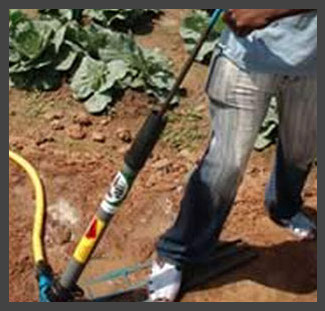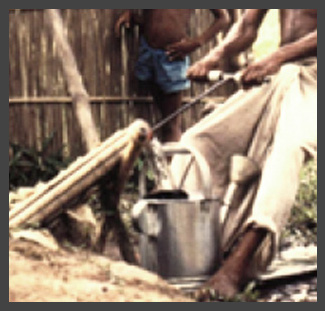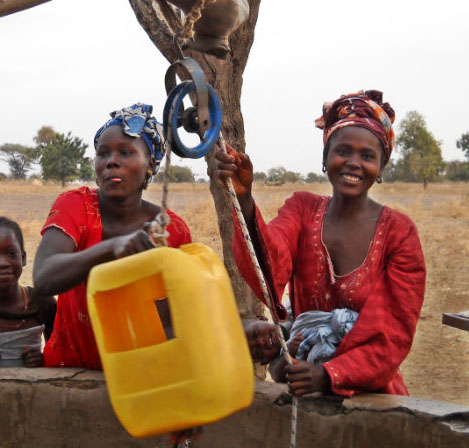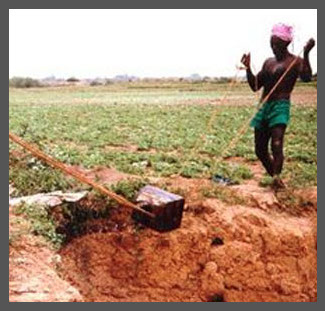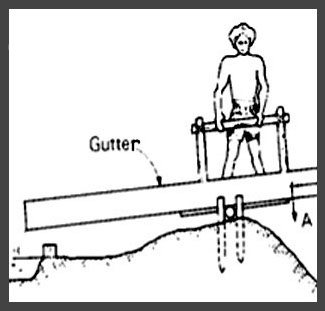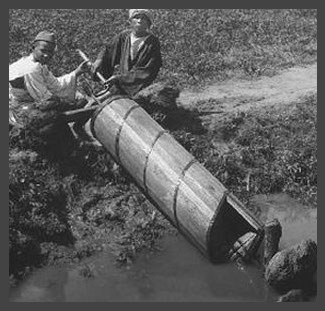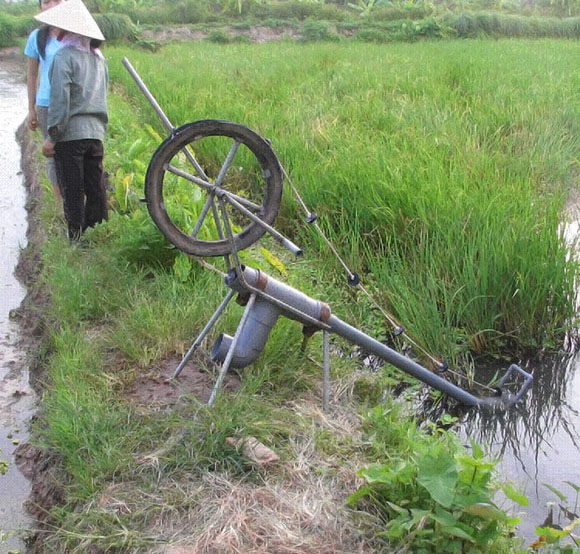Difference between revisions of "Irrigation pumps"
| Line 23: | Line 23: | ||
|style="background:#efefef;"|<div class="center" style="width:auto; margin-left:auto; margin-right:auto;">[[Rower pump]]</div> | |style="background:#efefef;"|<div class="center" style="width:auto; margin-left:auto; margin-right:auto;">[[Rower pump]]</div> | ||
|- | |- | ||
| − | |colspan="5" style="background-color: # | + | |colspan="5" style="background-color:#efefef;"| |
| + | |- | ||
| + | |colspan="5" style="background-color:#DEDEDE;"| | ||
| + | |- | ||
| + | |colspan="5" style="background-color:#efefef;"| | ||
|- | |- | ||
|style="background:#efefef;"|[[Image:rope and bucket icon.png|center|link=http://akvo.org/wiki/index.php/Rope_and_bucket]] | |style="background:#efefef;"|[[Image:rope and bucket icon.png|center|link=http://akvo.org/wiki/index.php/Rope_and_bucket]] | ||
Revision as of 00:01, 2 April 2013
Many, many pumps or handheld devices could theoretically be used for irrigation, but listed below are pumps and handheld devices that are the most commonly found to be used for irrigation, primarily for smaller farms.
Irrigation links
- VIDEO: Irrigation - using a windmill, a pedal-powered pump, and drip irrigation. EMAS style.
Smallholder irrigation could change the lives of millions of people
Smallholder farmers in sub-Saharan Africa and South Asia are increasingly using small-scale irrigation to cultivate their land. Individually owned and operated irrigation technologies improve yields, reduce risks associated with climate variability and increase incomes, allowing farmers to purchase food, health care and education. There is great potential for many more farmers to benefit from small-scale irrigation. This report presents governments, donors, lending institutions, the private sector and farmers with the opportunity to make well-informed decisions about investments in agricultural water management (AWM) that could change the lives of millions of rural people.
- Water for wealth and food security: Supporting farmer-driven investments in agricultural water management. 2012 study by AgWater Solutions.

